Can You Turn Drilled and Slotted Rotors?
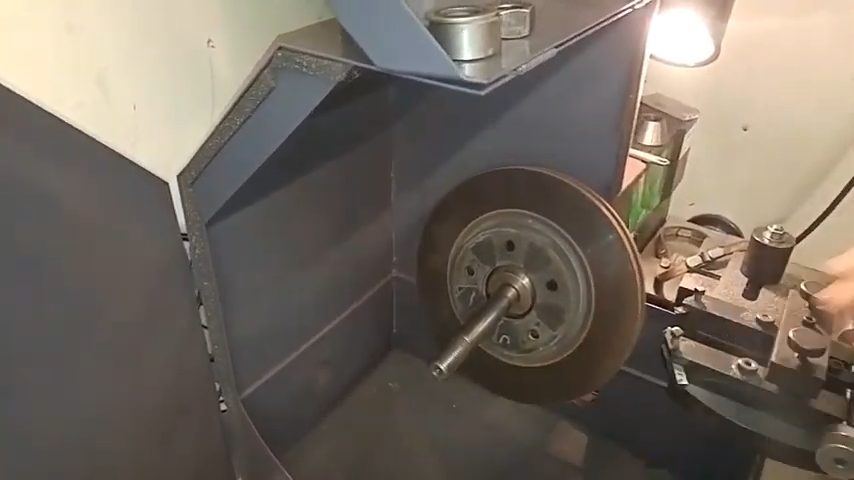
Turning rotors increases brake performance and extends operational life. You need to continually assess the status of your rotors to avert accidents triggered by compromised rotors.
You can turn and resurface drilled and slotted rotors to boost brake performance. Turning old rotors enables them to generate enough friction for the braking system. However, you cannot reuse the rotors forever. Replace them between every 50,000 and 70,000 miles.
I will go into more detail below.
Getting Started – Can You Turn Drilled and Slotted Rotors?
Yes, you can turn drilled and slotted rotors. However, most people consider the task difficult because it requires precision and expertise to machine drill and slot the rotors correctly. With precision and enough know-how, you can safely do the job.
Still, the rotor must not be warped, rusted, damaged, or deformed. Otherwise, turning the rotor will be useless. If your rotors are deformed or rusty, seek the help of a professional rotor mechanic. They will assess and renew the rotor if possible.
Ensure you replace or turn the rotors whenever you install new pads. Also, the bed in the rotors is properly fitted with the brake pads installed.
The process is straightforward, and the following steps will teach you how to turn the rotors safely.
For the steps below, you’ll need access to a brake lathe.
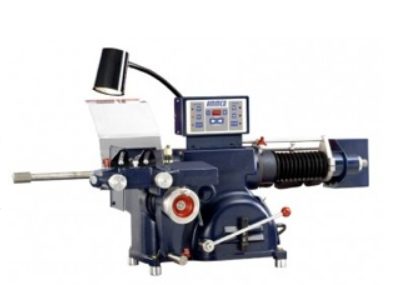
Step 1. Tune the brake lathe to the lowest setting to avert chatter.
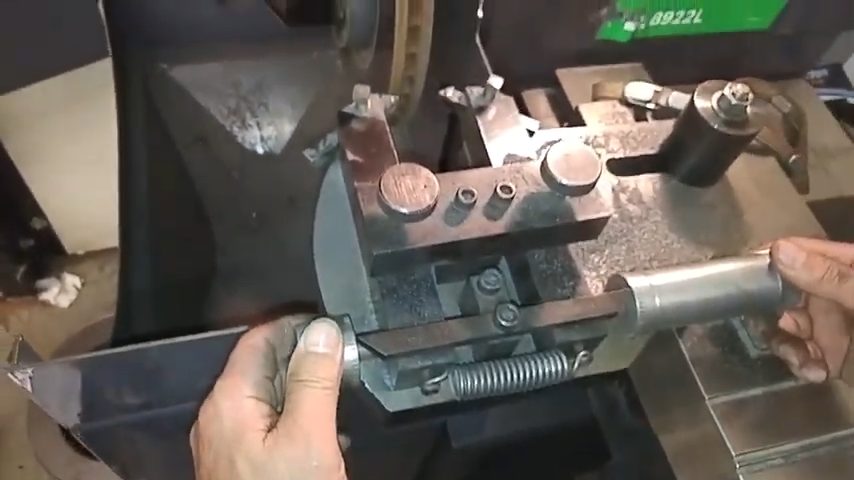
Step 2. Install the rotor on the brake lathe.
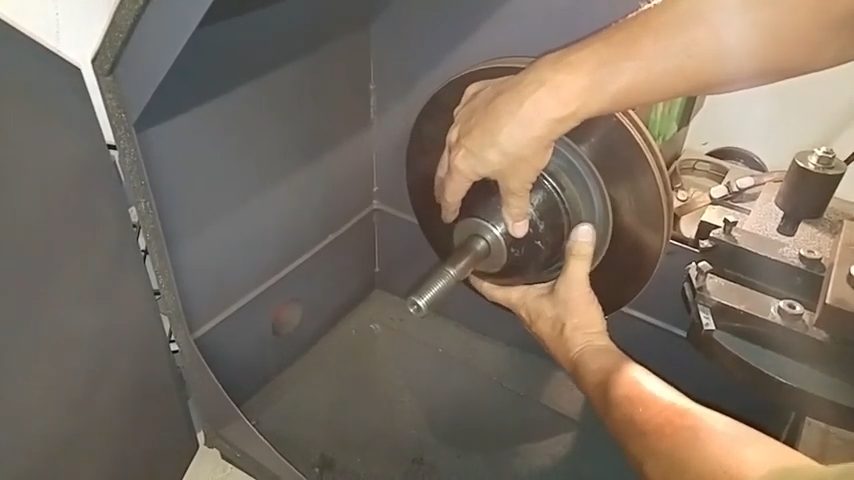
Step 3. Start the lathe. Do this in the lower setting to avoid damaging the rotors. The brake lathe will accurately cut the rotors to bed well with the pads.
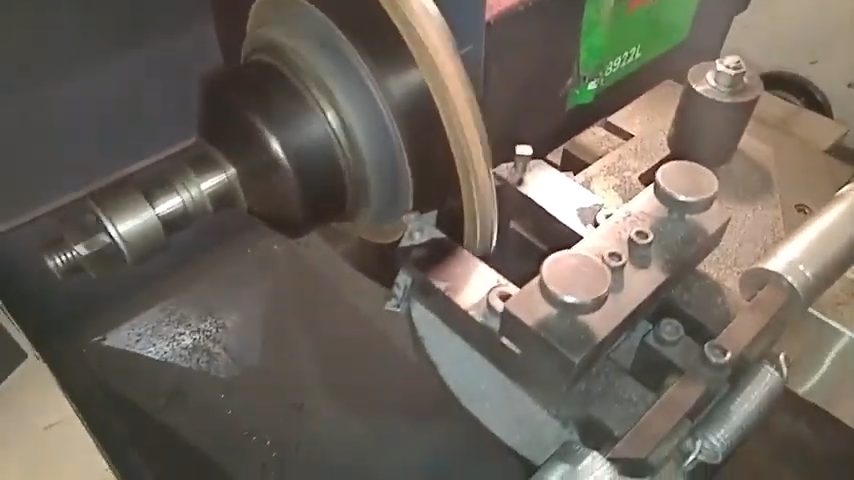
Step 4. Fix everything else in appropriate locations. That’s it; the rotors are ready to go.
The Benefits of Turning or Resurfacing Drilled and Slotted Rotors
There are mixed opinions over turning or resurfacing drilled and slotted rotors. So, you may wonder whether or not it is beneficial to turn them. There are plenty of reasons why you should turn or resurface your rotors. Let’s go through some:
1. Improved Performance
Turning drilled and slotted rotors results in higher efficiency. If your rotors are malfunctioning and you have never machined them previously, turning them will boost their performance appreciably.
Old rotors malfunction or cease to function completely because they cannot generate the same amount of heat and friction when compressed by brake pedals. This way, you cannot apply brakes smoothly, and if you keep using such rotors for a long, they will abruptly cease functioning and cause accidents. You don’t want that, so try resurfacing or turning your rotors upon noticing issues.
Turning them (drilled and slotted rotors) helps them regain their ability to generate maximum friction. The brakes will work well, and you won’t need new rotors. You will save yourself purchase and maintenance or installation costs.
2. Longer Operational Life
The first thing to assess when the brakes malfunction or cease to work is the brake system rotors. Compromised rotors, as aforesaid, highly influence the brake’s performance.
You can also consult with an expert to verify the status of your rotors if you aren’t sure where to begin. They can tell you if the rotors are replaceable or not.
Then, you can decide whether or not to turn or resurface your drilled and slotted rotors. Do not machine rotors that are damaged beyond cut-off levels.
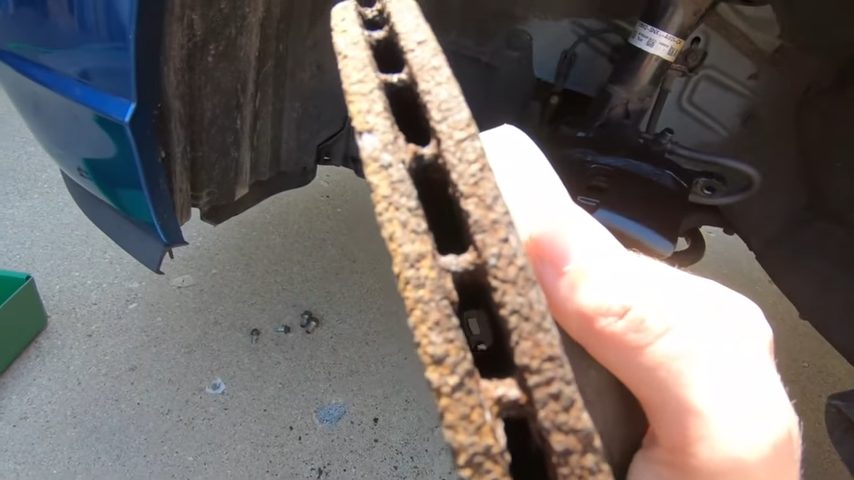
Of course, you don’t need a replacement if the rotors are new. Just tune them to increase their operational life. You can ask your mechanic how long or how often you should resurface your drilled and slotted rotors to raise their life expectancy.
3. Significant Savings
Maintenance and installation costs will spiral if you replace the rotors every time the brakes malfunction.
Resurfacing or turning drilled and slotted rotors relieve you of the unnecessary costs of buying new rotors for the brake system. Slotted rotors are expensive; frequent swapping invites bankruptcy and makes owning a car uneconomical. Besides, replacing the rotors constantly lowers the friction intensity, making you spend more money.
Turning drilled and slotted rotors are generally economical compared to getting new ones.
FAQs
How often should I turn or resurface my drilled and slotted rotors?
For optimal performance of the brakes, you should turn the rotors occasionally. How often exactly? I do it whenever you notice the slightest mishap in the brake system. You can also consider doing it whenever you are doing a car check-up, at a garage, or home.
How often should I replace my drilled and slotted rotors and brake pads?
Experts recommend replacing your brake pads between 10,000 and 20,000 miles. As for the slotted rotors, get a replacement between every 50,000 and 70,000 miles. In this way, your braking system will be optimal, preventing the risk of malfunctioning. The abrupt malfunctioning is dangerous and can cause accidents.
References
Website Resources:
- bankruptcy. https://www.britannica.com/topic/bankruptcy
- braking system. https://www.sciencedirect.com/topics/engineering/brake-system
Video References:
BULLI KID
